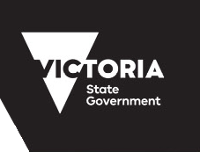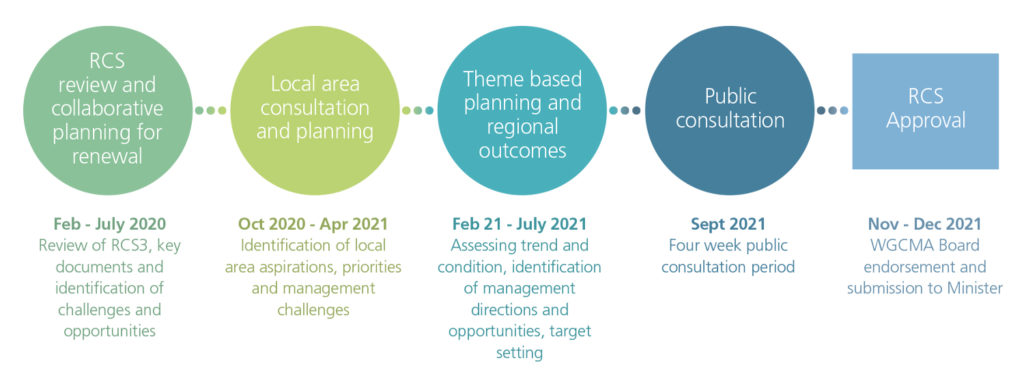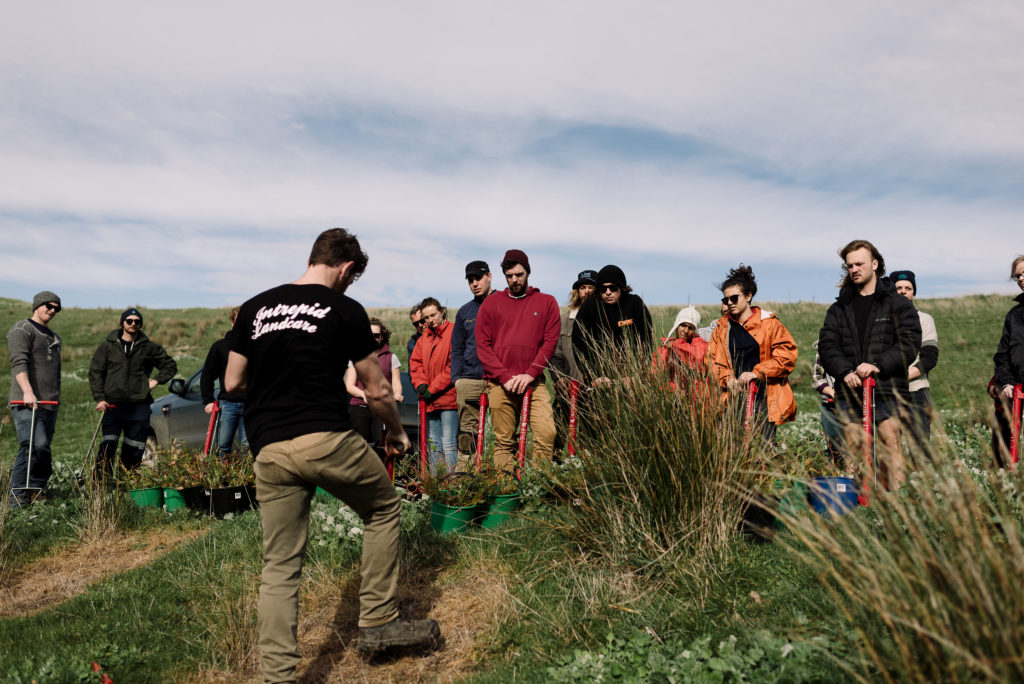The West Gippsland Regional Catchment Strategy is the result of a collaborative process involving Traditional Owners, Government Partner Agencies, Community Groups and Individuals. Its development is guided by the Regional Catchment Strategy Guidelines produced by the Victorian Catchment Management Council.
Governance
Regional Catchment Strategies are legislated under the Catchment and Land Protection (CaLP) Act 1994.
The Strategies are prepared by Catchment Management Authorities (CMAs) in consultation with regional communities and partners and are approved by the Minister(s) responsible for administering the CaLP Act (Sch.2 (3)(2)).
Development of the West Gippsland RCS is led by the West Gippsland Catchment Management Authority (WGCMA), under the direction of a formal governance structure including the WGCMA board and a Steering Committee.
The WGCMA Board, is responsible for approving the release of the draft and final versions of the RCS for submission to the relevant Minister/s for endorsement.
The RCS Steering Committee includes membership from collaborative partners including representatives from:
- WGCMA Board (chair of the Steering Committee)
- WGCMA Management
- Bunurong Land Council Aboriginal Corporation
- Gunaikurnai Land and Waters Aboriginal Corporation
- Agriculture Victoria
- Department of Environment, Land, Water and Planning
- Parks Victoria.
The Steering Committee is responsible for providing direction, managing risk and ensuring that the RCS development process is consistent with other regional planning efforts. The Steering Committee reviews and signs off on key pieces of work undertaken throughout the RCS development process. The Steering Committee reports to the WGCMA board through the Steering Committee Chair.
Review and collaborative planning
RCS review and collaborative planning
In 2020, the West Gippsland Catchment Management Authority commissioned an independent review of the West Gippsland RCS 2013-2019.
The objectives of the review were to:
- Review and update information from the last 2013-19 RCS (RCS3)
- Integrate new strategies, plans and learnings into an updated regional focus
- Identify current and future trends
- Identify opportunities for future areas of NRM focus
- Test current and future trends and opportunities with the West Gippsland CMA Board and key regional stakeholders.
A broad range of stakeholders were consulted as part of the review process. This included discussions with key regional partners and feedback from CMA staff.
The review found that despite continued long-term ecological decline in parts of the region and emerging threats, many areas of the catchment are still in good condition. This has been helped in part through the range of coordinated regional NRM programs aimed at protection and restoration, supported through the last RCS.
Achievements from the last RCS
Achievements from the last RCS (2013-19) are:
The region is also currently going through major change as a result of economic restructuring, population growth and climate change. Despite this agencies, Traditional Owner groups and partner groups remain optimistic about the future of land, water and biodiversity management.
Key challenges highlighted through the review include:
Local area consultation and planning
Community views were sought on the priorities and aspirations for land, water and biodiversity management in the West Gippsland region, with a focus on thinking about ‘local areas’.
The consultation process obtained feedback through 172 survey responses and 30 in-depth discussions via focus groups and interviews. A number of key messages emerged from the process and informed the Local Area Plans, Theme based Opportunities and Management Directions.
Considerations when planning for Local Areas
Across the region, participants want the RCS to consider and address:
- Biodiversity
- Waterways
- Native vegetation
- Collaboration and support for community and industry.
Participants also identified the need to address:
- Development concerns (land use change, mining, renewable energy, tourism)
- Water security and availability
- Improved agricultural practices and valuing agriculture
- Invasive plants and animals
- Recreational facilities and managing human access to natural areas.
Land, water and biodiversity challenges
Across the region, participants indicated the top challenges for land, water and biodiversity management (excluding climate change).
These are:
- Invasive plants
- Invasive animals
- Decline in biodiversity.
Urban expansion and population growth were also raised for Bunurong Coastal and Latrobe Local Areas.
Unsustainable water use was identified in the Gippsland Lakes and Hinterland and the Gippsland Coastal Plains, local areas.
Other responses included:
- Concerns about mining and wind turbine developments
- Recreational access
- Changing demographics/lack of awareness
- Cimate change.
Invasive animals and decline in biodiversity were also raised in the Focus groups and interviews.
Community knowledge and awareness were raised as a challenge across six of the eight local areas through the in-depth discussion process.
Climate change concerns
Across the region the top concerns about climate change are:
- Increased fire risk
- Warmer and drier climate
- More frequent or intense storms and floods.
Increased fire risk and warmer and drier climate were one of the top responses across all Local Areas.
There were some differences for individual Local Areas:
- More frequent storms and floods were a top response for the Latrobe and the Great Dividing Range and Foothills, local areas and just short of the top three for Bunurong Coastal
- Reduced stream/flows and water availability were a top response for Corner Inlet and Nooramunga, Strzelecki and Great Dividing Range and Foothills
- Coastal erosion and storm surge, was also a top response for Bunurong Coastal.
The focus group and interviews, allowed for a greater discussion around the impacts of climate change and highlighted concerns about impacts on biodiversity and the viability of agriculture.
Theme based planning and regional outcomes
The RCS includes information at a regional scale, organised into six Themes: Biodiversity, Coast and Marine, Climate Change, Land, Traditional Owners and Water. Planning for the RCS themes was informed by the independent review of RCS3 and the overarching findings from local area consultation. An assessment of the RCS3 objectives and strategies and current policy directions was also conducted to guide the identification of opportunities and management directions. Links to sub-strategies and plans are included in each of the Themes to emphasise the role of the RCS as an overarching planning framework.
The development of Regional Outcomes was guided by the RCS Outcomes Framework and community and Traditional Owner aspirations. The setting of outcomes also considered the trajectory of key indicators to date, achievements from the RCS3 period and issues related to funding and feasibility. Several Regional Outcomes within the Water and Coast and Marine Themes will be quantified through the renewal of the West Gippsland Waterway Management Strategy.
Public consultation
The draft RCS was available for a four week public consultation period, during September 2021 which followed an extensive engagement process throughout the region over a 18-month period.
Feedback was received from members of the community, Traditional Owner groups, environmental groups and government agencies.
The feedback included requests to highlight and strengthen the response to:
- the loss of biodiversity and wetlands in the region
- salinisation and the dynamic nature of the Gippsland Lakes
- the lack of formal protection (e.g. conservation reserves) in some parts of the region
- flooding and the potential risk of increased flooding in the future.
In addition, the feedback highlighted the need to clarify that there are parts of the region where formal recognition of Traditional Owners has not yet been determined.
We also heard that the policy context could be improved by including a more comprehensive list and description of policy and legislation at the state and national level. Better alignment with new policy directions via the Theme based opportunities and management directions was another area for improvement for the draft RCS.
Detailed feedback was received for several local areas. This feedback included the need to highlight additional management challenges and threats and clarify how the regional outcomes align to local areas.
There was a request to clarify the purpose and role of the strategy and more clearly describe how it will be implemented.
The feedback from the public consultation process was considered by the RCS Steering Committee, and in accordance with the RCS Guidelines amendments were made in response to all of the main themes in the feedback.
RCS Approval
The final RCS will be endorsed by the West Gippsland Catchment Management Authority Board and presented to the Ministers responsible for administering the CALP Act in December 2021.
Several factors can affect the currency of this RCS, such as sudden changes to environmental conditions, access to new data or information, movements in government policy and shifts in available resources. Periodic amendments to the strategy may be needed to keep it up to date. Any changes to the approved RCS will only be made after a process that includes a period of community consultation and Ministerial consideration, in line with the approval process requirements of the Catchment and Land Protection Act 1994.
Ministerial-approved changes only relate to the following sections – Our Region, This Strategy, Themes and Local Areas. The Climate Change and Prospectus pages can be updated as needed without Ministerial approval.






